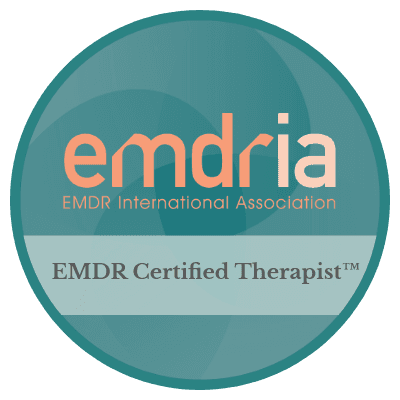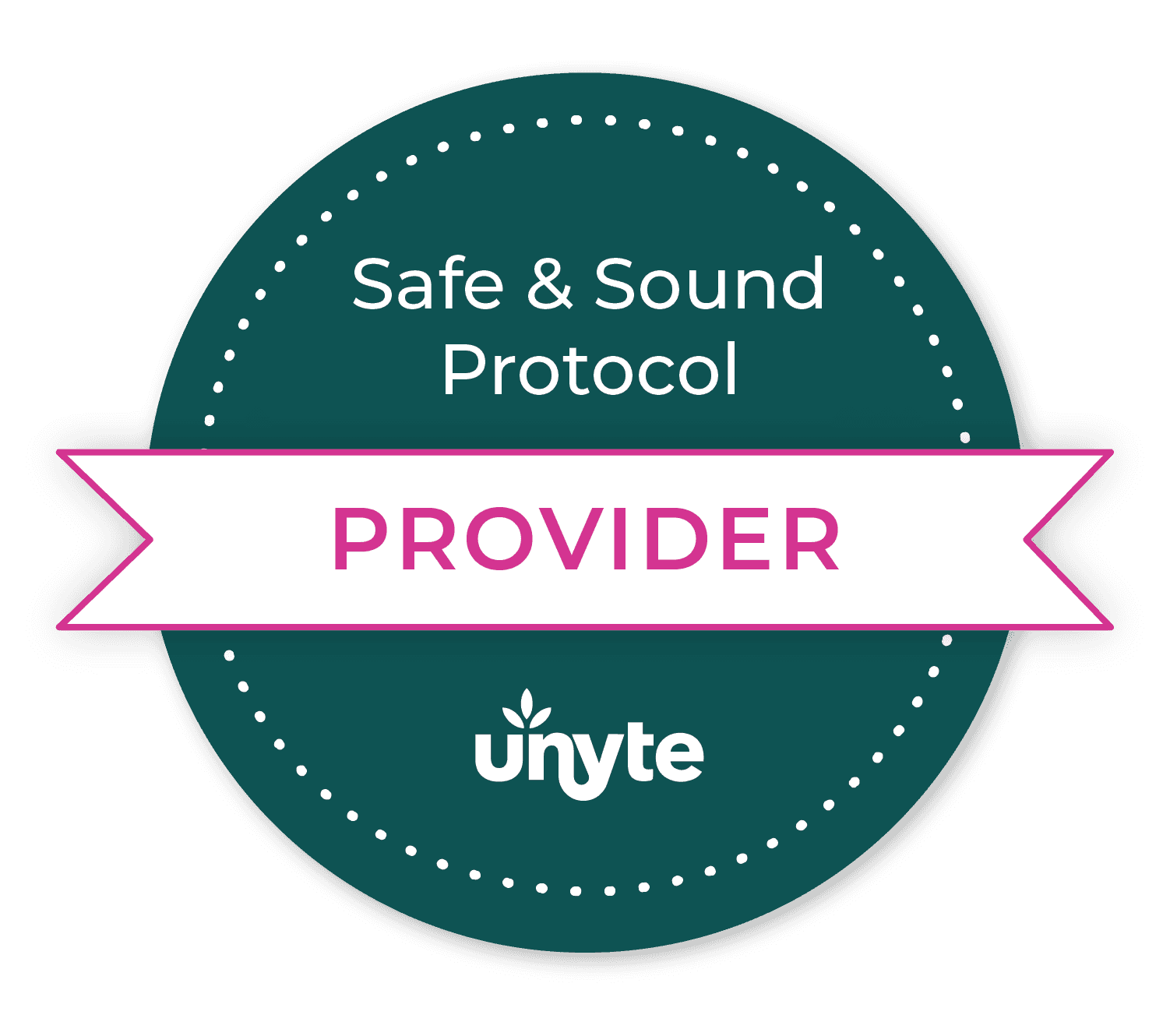I use a variety of evidence-based approaches to best serve you. My work is rooted in attachment theory and narrative focused trauma care (story work). All of my work is strengths-based, and client centered. I am not here to tell you what to do, I am here to listen and stand beside you as you unpack your story.
TRAINING
I am currently training at the Allender Center at the Seattle School in their level two program
Trained & certified in EMDR
Completed Gottman level 1 training for couples
Certified in the Safe & Sound Protocol, a somatic therapy used to treat depression, anxiety and emotional dysregulation
Trained as a facilitator through Rebuilders International Divorce Recovery program. Hold therapy groups every fall and spring for individuals working through the end of significant relationships.
Training in Cognitive Behavioral Therapy & Dialectical Behavioral therapy

Specialties
Methods
Attachment-Focused Therapy focuses on understanding and repairing attachment issues that stem from early relationships, typically with primary caregivers, and that continue to affect a person's emotional well-being, behavior, and relationships in adulthood. Some of the benefits of attachment-focused therapy include greater self understanding, improved relationship with self and others as well as enhanced emotional regulation.
Narrative Focused Trauma Care (NFTC) is a therapeutic approach that helps individuals process and heal from trauma by creating, understanding, and reshaping their personal narratives or life stories. This approach is rooted in the belief that trauma can fragment a person’s sense of self and disrupt their life narrative. By working through these experiences in a safe and supportive environment, individuals can begin to reconstruct their narratives in a way that promotes healing and integration.
EMDR (Eye Movement Desensitization and Reprocessing) is a psychotherapy approach that is particularly effective in treating trauma-related conditions, such as Post-Traumatic Stress Disorder (PTSD). EMDR helps individuals process and integrate traumatic memories or distressing experiences that may be influencing their current mental health. EMDR has proven effective in treating not only trauma related disorders, but also depression and anxiety, grief and loss as well as phobias, relationship issues and addictions.
The Gottman Method is one of the most researched approaches to couples therapy, with a strong evidence base supporting its effectiveness. This method is based on decades of research into what makes relationships succeed or fail, and it is designed to help couples build stronger, healthier relationships by focusing on key elements of emotional connection, communication, and conflict resolution. Couples who engage in therapy using the Gottman Method often report improved communication, greater emotional intimacy, and increased relationship satisfaction.
The Safe and Sound Protocol (SSP) is a non-invasive therapy designed to improve emotional regulation, social engagement, and overall mental well-being by stimulating the vagus nerve, which plays a key role in the autonomic nervous system. It is recognized as a complementary therapy that can be used alongside other treatments, such as traditional psychotherapy or occupational therapy, to enhance overall well-being.
Cognitive Behavioral Therapy (CBT) is a widely-used, evidence-based form of psychotherapy that focuses on the connection between thoughts, emotions, and behaviors. CBT is designed to help individuals identify and challenge negative or unhelpful thought patterns and beliefs, and to develop healthier ways of thinking and behaving. It is effective in treating a variety of psychological issues, including anxiety, depression, stress, and other mental health conditions.
Dialectical Behavior Therapy (DBT) is used to treat a wide range of mental health conditions, particularly those involving intense emotional experiences, self-harm behaviors, and difficulty in relationships. DBT combines standard cognitive-behavioral techniques for emotion regulation and reality-testing with concepts of mindfulness, acceptance, and distress tolerance.
FAQ
Fees
Initial Intake Session
$165
Individual Counseling
$140
Couples Counseling
$150
Family Counseling
$150
All sessions are 50-55 minutes in length

